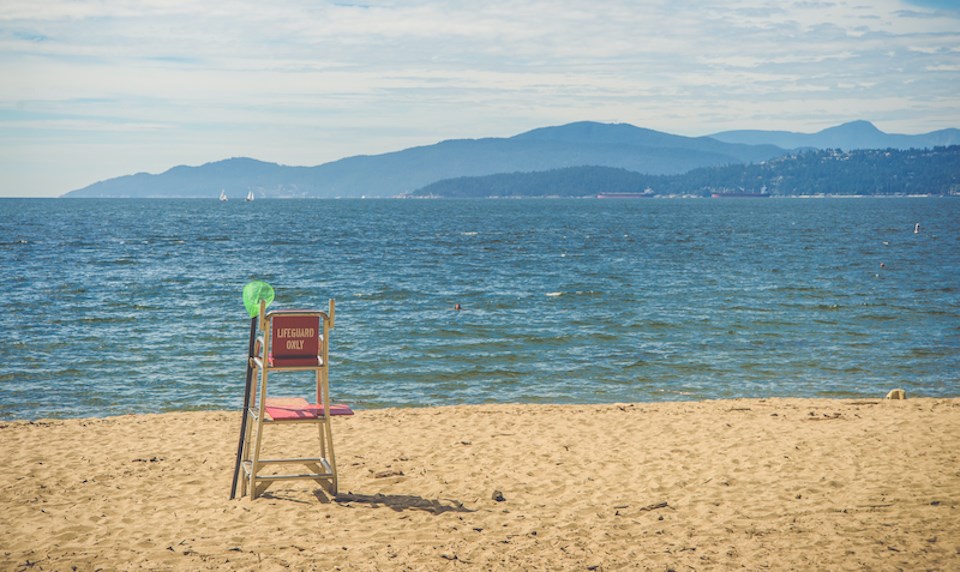Canada's national weather department expects that Metro Vancouver will see more dry conditions with above-average temperatures at the start of fall.
As of Friday, Aug. 18, there are 366 active fires burning across the province, and numerous evacuation orders and alerts are in place. And since April 1, the BC Wildfire Service says that 1,818 wildfires have burned roughly 1.61 million hectares of land in the province.
Smoke from the Kelowna fires could make its way to Metro Vancouver as early as Saturday morning, but it is more likely to enter the region by Sunday or early Monday, according to Environment Canada Meteorologist Yimei Li.
But unpredictable wind patterns might mean that smoke arrives earlier in the region or that the fires may spread further, worsening air quality.
For now, however, the heat warnings have been lifted and local temperatures are "a bit more pleasant" with mainly sunny and clear conditions for the weekend. As temperatures increase Saturday, a northeasterly flow might bring smoke to the region.
Downtown Vancouver, for example, is expected to see its maximum daily temperature shift from 22 C on Friday, Aug. 18 to 26 C on Saturday, according to V.I.A's Downtown Centre Weatherhood station. On Sunday, this temperature is expected to climb even higher, with a high of 27 C expected.
Weatherhood provides detailed weather data for neighbourhoods across the Lower Mainland and elsewhere in B.C.
Long-range Metro Vancouver weather forecast
While smoke could make its way into the Lower Mainland, a low-pressure system should clear it out by Monday evening, Yimei noted.
"Even if we have smoke over the weekend, it will likely clear with this changing flow pattern and some possible showers," she said.
Heading into next week, Metro Vancouver should see temperatures closer to seasonal averages, with highs around 22 C and lows falling to about 13 C.
There is a chance of showers early in the week but conditions look mainly dry.
Environment Canada doesn't have an indication of what the final week of August might be like but September is expected to be "hotter than normal" and drier.
The El Niño weather phenomenon may begin to influence local weather later this year, which typically means the region will see above-average temperatures and a drier winter.



